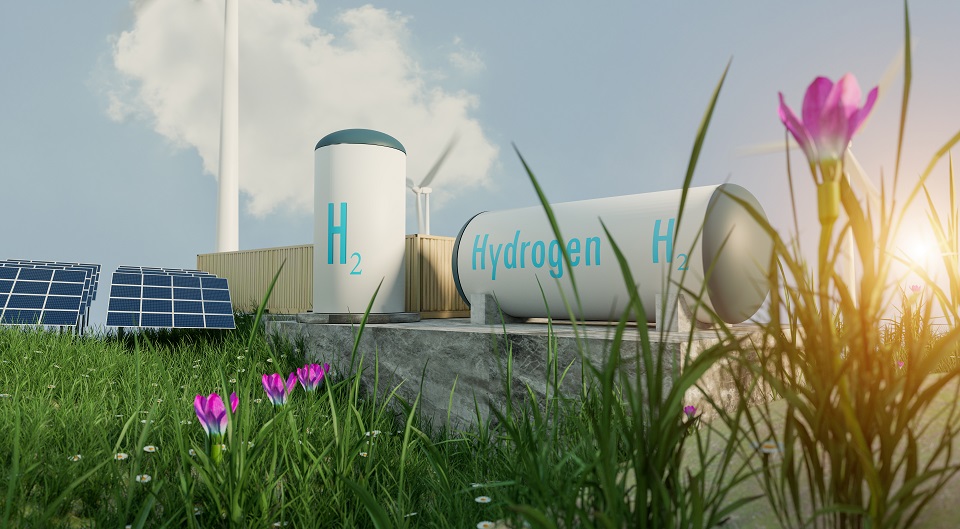The Power and Promise of Hydrogen
The universe’s lightest and most prevalent element, hydrogen, is set to be a key component of a sustainable energy future. Hydrogen is a good contender for use as an alternative energy source since it has an energy density that is greater than that of many conventional fuels. Additionally, when used in fuel cells, hydrogen produces electricity with only the byproducts of heat and water, providing a pollution-free energy option.
Water, natural gas, and biomass are just a few of the locally available resources that can be used to make hydrogen, thereby lowering our need for foreign oil. It is adaptable and suitable for a variety of uses, including manufacturing, power generation, and transportation. The ability of hydrogen to work with renewable energy sources may be one of its most attractive qualities. surplus energy from the sun, and the wind.
The Challenges: Production, Storage, and Distribution
While there is no denying that hydrogen energy holds great promise, it is important to be aware of the obstacles that still need to be addressed. The main challenges facing the hydrogen economy relate to delivery, storage, and manufacturing.
The majority of hydrogen is now made from natural gas, which negates its potential for being environmentally friendly. When electricity splits water into hydrogen and oxygen during the electrolysis process, renewable energy must be used to create completely green hydrogen. Although this method is good for the environment, it is both expensive and energy-intensive.
Significant obstacles are also presented by distribution and storage. Due to its low density, hydrogen is notoriously difficult to store and transport. To handle these special qualities, infrastructure development is required, requiring significant financial and technological innovation.
Progressing Towards a Hydrogen Economy
Despite these obstacles, the idea of a “Hydrogen Economy”—a culture that relies on hydrogen as its main low-carbon energy source—is spreading around the globe. Significant technological developments, as well as strong support from the public and private sectors, are driving this transformation.
Production of green hydrogen is becoming more effective and affordable because of technological improvements in water electrolysis methods. Utilizing hydrogen is becoming more feasible and secure thanks to advancements in solid-state hydrogen storage and fuel cell technologies. Governments from all around the world are simultaneously putting rules into place and putting money into infrastructure to support the creation and use of hydrogen energy.
Countries with ambitious intentions to considerably boost their green hydrogen production and consumption over the next few years include the European Union, Japan, Australia, and South Korea.
Unleashing the Potential of Hydrogen Power
While there are still challenges in the way of a future powered by hydrogen, the potential benefits are enormous. Green hydrogen may be able to compete with conventional fossil fuels as the cost of renewable energy continues to fall and electrolysis efficiency increases.
Imagine a day in the future when businesses run on electricity supplied by hydrogen and cars driven by hydrogen zip along the highways. Fuel cell devices might be installed in homes, supplying dependable power while easing the load on the grid.
In addition, the fusion of hydrogen technology with cutting-edge innovations like AI and IoT may open up novel opportunities. The production, storage, and transport of hydrogen might be optimized via AI-powered smart grids, increasing productivity and lowering costs.
Although the transition to a hydrogen economy may be difficult, there are possible benefits.


Leave feedback about this